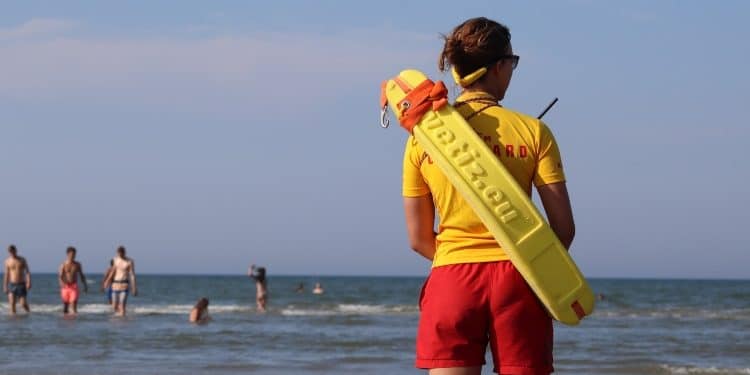Swimming can be endlessly rewarding, not just financially, but in terms of the fulfilment and entertainment value you get from it. It’s also a great way to stay fit! If you find that you enjoy a sense of freedom and pleasure in the water, then it makes sense to look for a career that maximises the time you spend in it.
If you’re sufficiently determined, and you have the skillset, then there are a few careers that you might pursue which involve spending time in and around the water. Let’s take a look at a few of them, and what you need to get the best from them.
Career Options for Swimmers
There are a few swimming professions that stand out as feasible.
Lifeguard
Swimming pools are potentially dangerous places. A person could lose their life in a matter of moments, without the intervention of a skilled and attentive lifeguard. This is where you come in. You’ll need to be authoritative, and able to take command of the situation.
Coach
If you’re going to learn to swim, then you need a person there to provide the instruction. You can teach basic swimming skills to children, or advanced techniques to seasoned swimmers. The same goes for divers, too.
Underwater photographer
Combining diving with photography can allow you to capture some truly startling images. This goes for both the pool and for the sea.
Marine biologist
If you’re studying sea creatures, then you’ll get plenty of excuses to head out into the water to view them up-close. If you’re in the right profession, then you might get opportunities to swim with amazing wild animals in their natural habitats.
Competitive Swimmer
Of course, swimming is a sport as well as a pastime. If you’ve good enough, then you can make a living doing it. Take yourself seriously, try as hard as you can, develop the right habits, and have a backup plan ready, too.
Staying Safe
Dirty water can pose long-term health threats, which, among other things, might inhibit your swimming career. In some cases, you might be responsible for keeping the pool clean. But even if you’re not, it’s a good idea to learn about the products and techniques involved in dealing with harmful pathogens – like swimming pool chlorine tablets and the right maintenance. What chemical treatments do you need, and is there such a thing as too much of them?
If you’re going to earn your money in the water, then it stands to reason that you should take safety very seriously indeed. You’ll need to think about not just what you’re doing physically, and how you might intervene if a fellow swimmer ends up in distress, but the environment in which you’re swimming.
David Prior
David Prior is the editor of Today News, responsible for the overall editorial strategy. He is an NCTJ-qualified journalist with over 20 years’ experience, and is also editor of the award-winning hyperlocal news title Altrincham Today. His LinkedIn profile is here.













































































